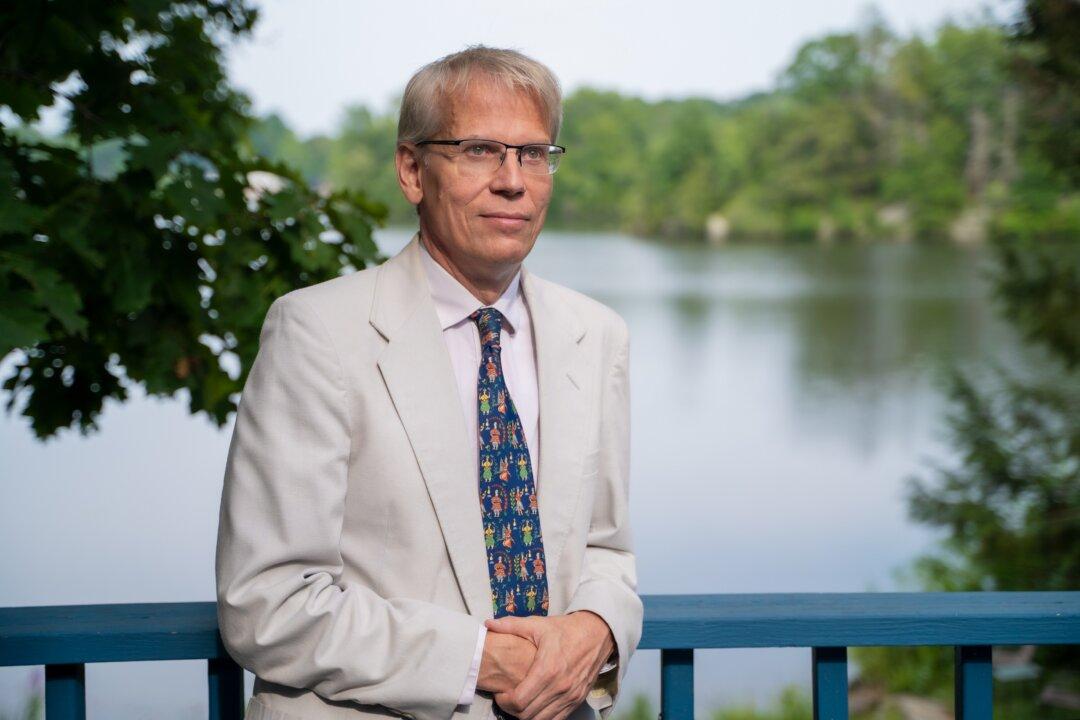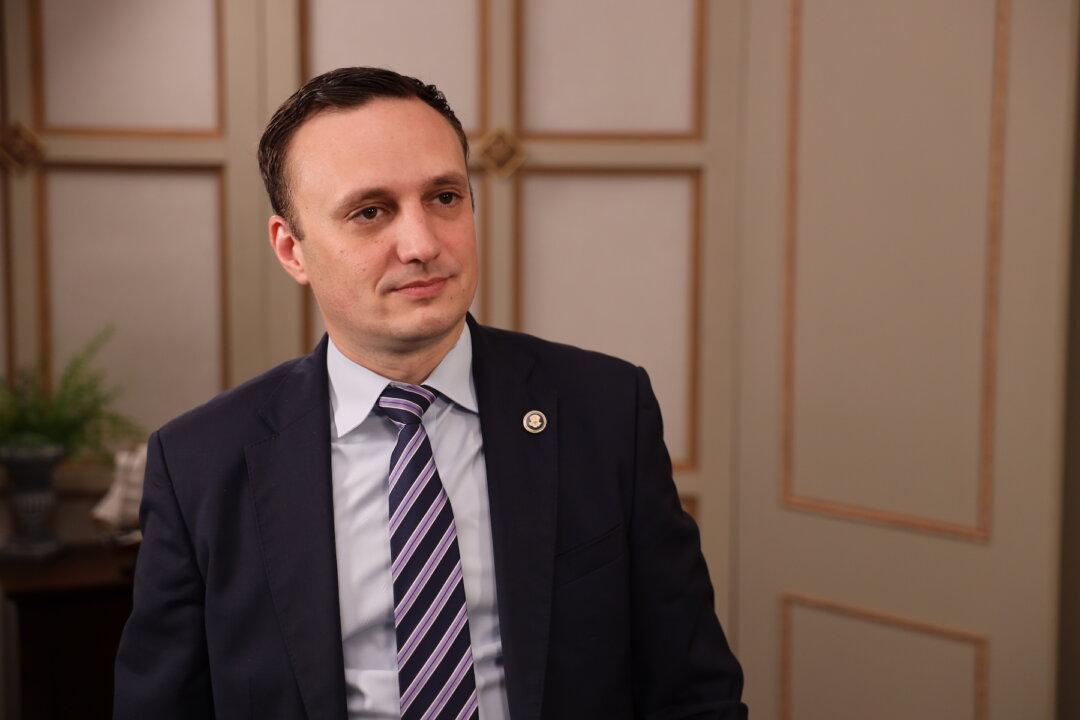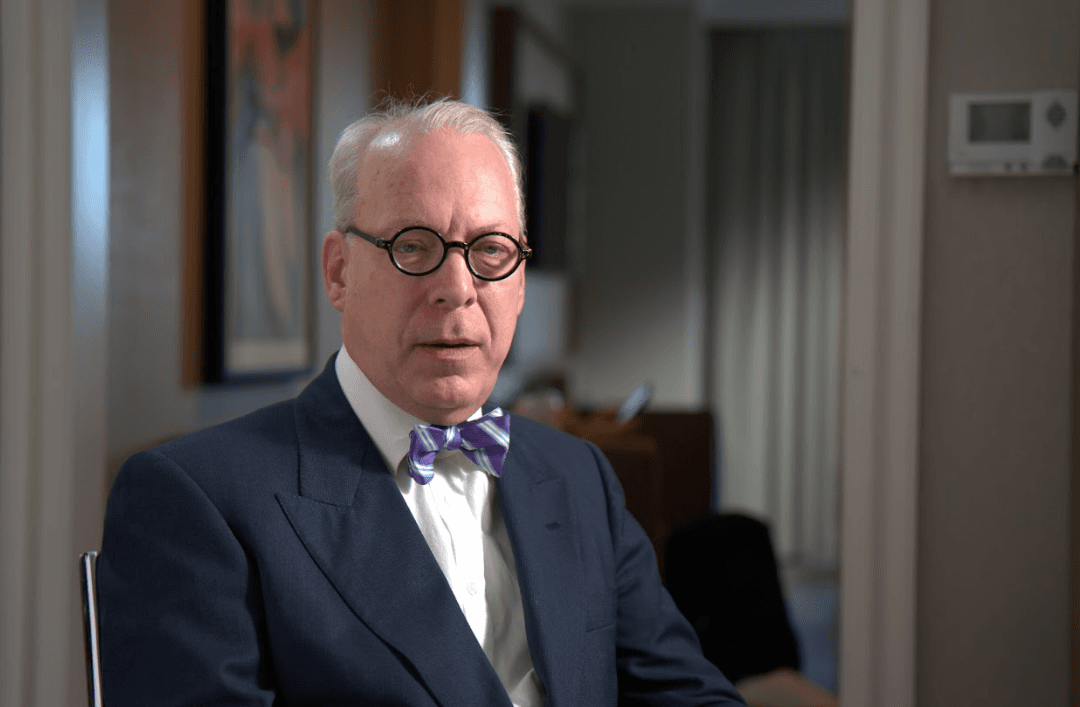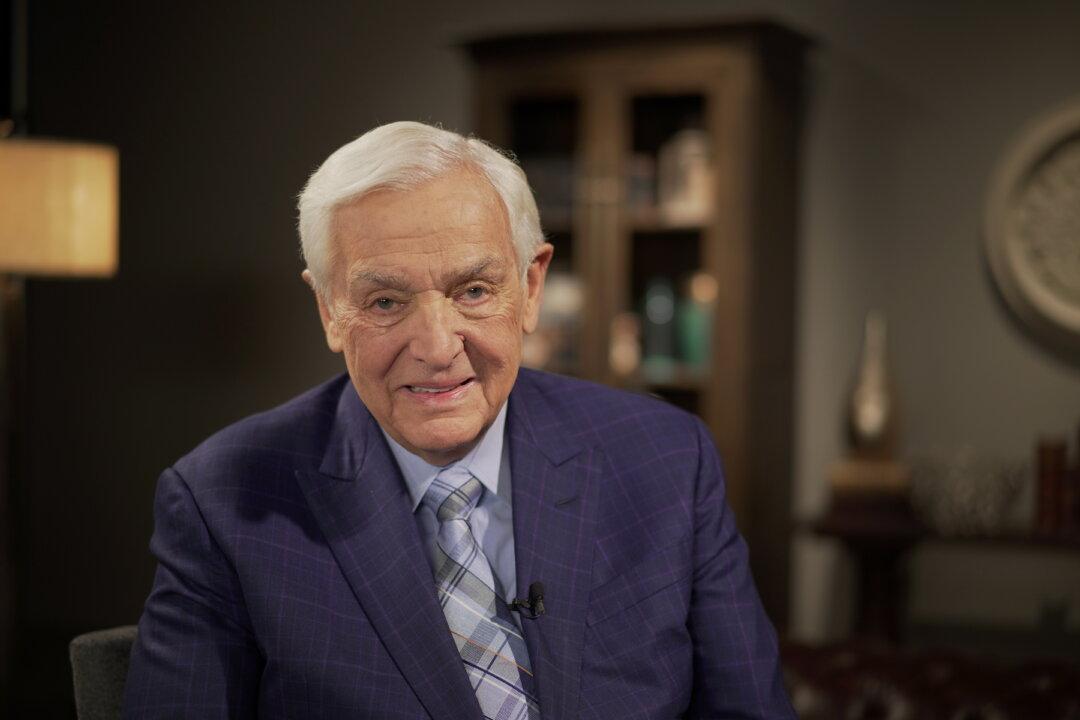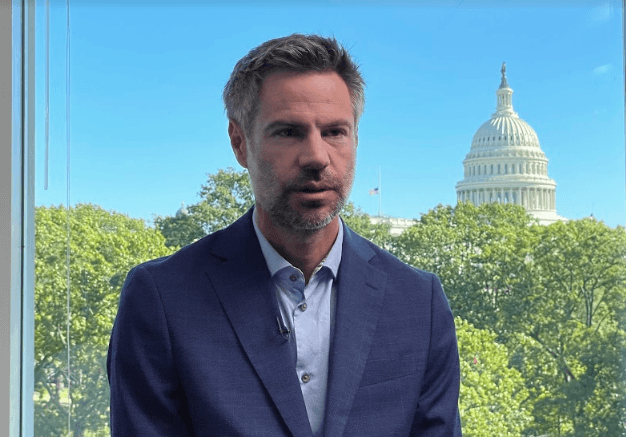Dr. Martin Kulldorff is a professor of medicine at Harvard Medical School and a biostatistician and epidemiologist at the Brigham and Women’s Hospital. He helped develop the Centers for Disease Control and Prevention’s system for monitoring potential vaccine risks and is also one of the authors of the Great Barrington Declaration, which argued for “focused protection” of the most vulnerable, instead of lockdowns.
Recently on “American Thought Leaders,” host Jan Jekielek interviewed Kulldorff on vaccine passports, the Delta variant, and the COVID-19 “public health fiasco.” Below is an excerpt from the interview:
